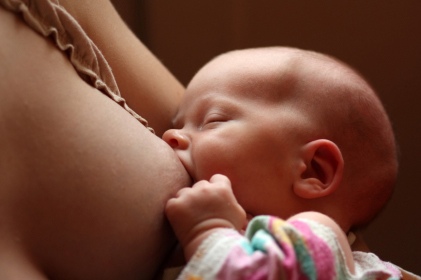
Don’t Worry Be Happy [Illustration by Shinod AP]
Psychologist Marci Lobel and her colleagues examined 129 pregnant women between 20 and 43 years old who were considered high risk cases. The women problems such as hypertension or diabetes or previous medical problems like miscarriages or complications in their current pregnancy like bleeding or preeclampsia.
Their attitude to life was determined by asking them to respond to statements like “I always look on the bright side, I always expect the best, I hardly ever expect things to go my way”. Women with higher scores were more likely to eat nutritional food and exercise during pregnancy, Lobel and her colleagues said.
“The women who were the least optimistic during pregnancy delivered lower birth weight infants,” said Dr Lobel. “Although less optimistic women also reported more stress during pregnancy, stress alone is not the culprit; a woman’s outlook on her life and the health behaviour she practiced during pregnancy were the factors that influenced her birth outcome. More optimistic women had better birth outcomes in part because they exercised more frequently, which improved a baby’s greater gestational age at birth.”
These findings suggest that the absence of optimism may be as important to maternal and foetal health as other factors like medical risk which have traditionally received greater attention, said Dr Lobel.
One can always learn to be optmistic as it helps cope with stress even if you not pregnant. Learning how to have positive expectations from life and solve problems holds promise as an intervention against adverse birth outcomes, suggest the authors.










